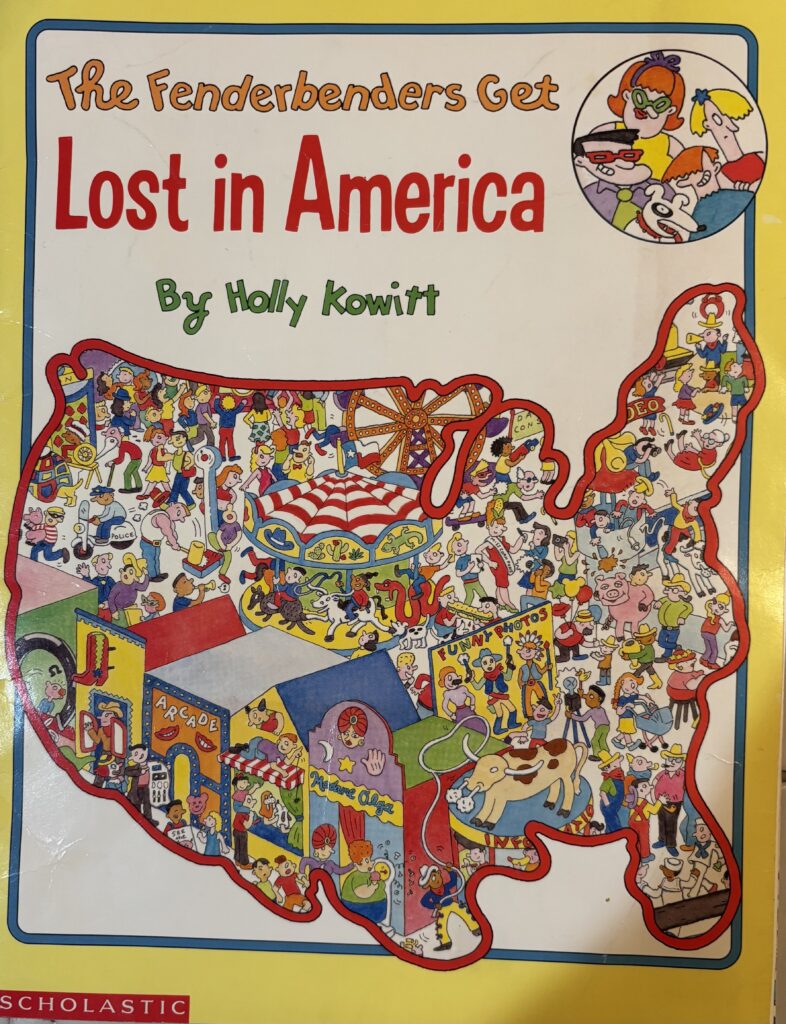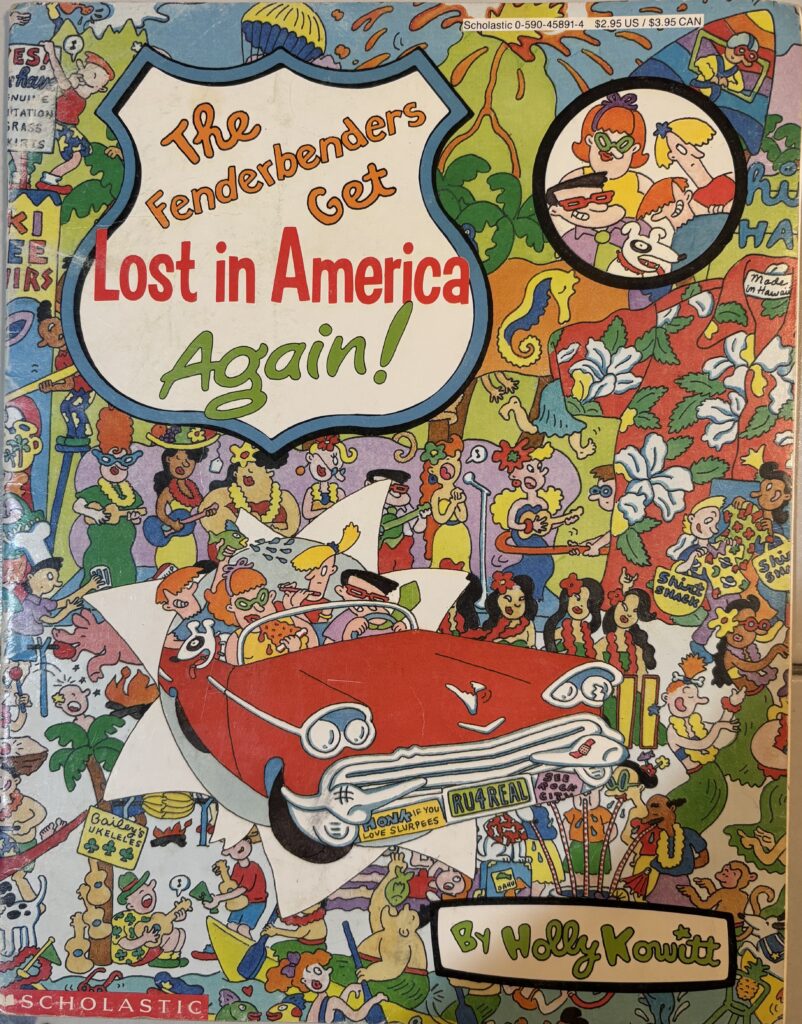By ALEXANDER DOLITSKY
I believe it was a prominent Russian playwright and short-story writer Anton Chekhov (1860-1904) who once observed, “Every man’s life, poor or rich, famous or not, could be a plot for a short and insightful literary story.”
In 1888, Chekhov published his first work in the Russian literary review, Severny Vestnik (“Northern Herald”). His story, Steppe, was an autobiographical work about a journey in Ukraine, then a province of the Russian Empire. Altogether, Chekhov’s career as a playwright produced four classics and more than 50 stories in various journals until his death in 1904. In fact, all his publications were based on his personal life experience and knowledge of the subjects and circumstances about which he was writing.
Indeed, life experience is utterly important for a storyteller, but it does not do any good if an author is lacking a meaningful life experience and struggling to create an insightful literary work that would capture readers’ imagination and excitement.
I’m reminded of a situation when in early 1980s my friend at Brown University, Holly Kowitt, was searching for a substantive subject and plot for her creative writing. Holly was an undergraduate student in the English department; she was a typical Brown student who was brought up in a well-to-do New England family and received an excellent secondary education in private schools.
Occasionally, Holly and I met over a cup of tea for a friendly conversation; she shared with me her writing ideas and was always attentive to my feedback and views. Holly’s positive attitude and never-ending beaming smile were appealing and trustworthy to me. Eventually, I recognized that she was searching for a subject for her literary creation.
During one of our conversations, I shared with her my thoughts on significance of the personal life experience for a meaningful writing:
“A writer needs extensive life experience. And you, Holly, need every scrap of experience from every moment of your life. If your life experience is limited, then you won’t have as much to share with a reader. Certainly, you don’t have to have every experience in the world to write meaningful essays. Nevertheless, you do have to have enough personal experience and knowledge to be able to extrapolate what you have done in life; and, indeed, then your life experience comes in handy.”
Holly listened to my words attentively.
“And how can I accomplish all these challenges?” she asked with an enigmatic expression.
“You may be puzzled by my idea, but why won’t you undertake a bus journey from Boston to Los Angeles? America is the most beautiful and culturally diverse Republic in the world,” I suggested.
Holly’s eyes opened wide, staring at me in amazement. “Yes, I know, it will be an exhausting and inconvenient voyage,” I continued. “However, you will meet many different characters and visit all sorts of places during this bus trip.”
Holly was silent for a moment, then looking directly into my eyes responded with a warm smile, “You know, I may just do that.”
My studies, archaeological expeditions and various employment took me to many world-wide places; and I lost contact with Holly. In fact, I am still unaware whether she took a bus journey from Boston to Los Angeles to gain her “life experience” for creative writing.
One day, however, I noticed an announcement in one of the 1991 Brown University Alumni Magazines (in the rubric Calling all Brown authors) that Brown graduate Holly Kowitt wrote her first book entitled The Fenderbenders Get Lost in America,” published by the Scholastic Inc. And, in the following 1992 year, she published another book in the same format The Fenderbenders Get Lost in America Again!


Last year, just out of curiosity, I acquired these two editions via Amazon. I was pleasantly surprised that Holly’s books were an adventurous family travel guide and experiences around the most popular places in the United States.
The 1991 edition states: Can you find America’s wackiest family and their dog, Maniac? There are hundreds of other people to look for in Holly Kowitt’s hilarious vision of America’s most famous travel spots. New York, Los Angeles, Washington, D.C., Miami, Texas, and Mount Rushmore will never look the same to you again!
The 1992 edition states: Can you find America’s wackiest family and their dog, Maniac? In Holly Kowitt’s hilarious vision of America’s most famous travel spots, Hawaii, Niagara Falls, Nashville, Las Vegas, San Francisco, and Yellowstone National Park will never look the same to you again! See if you can find everything on the checklists included in this book.
As of today, Holly Kowitt has written more than 50 books for younger readers, most in connection with our country.
Indeed, our country is an impactfully striking and ethnically diverse Constitutional Federal Republic. American youth must experience and appreciate its history, natural beauty and cultural uniqueness.
Alexander B. Dolitsky was born and raised in Kiev in the former Soviet Union. He received an M.A. in history from Kiev Pedagogical Institute, Ukraine, in 1976; an M.A. in anthropology and archaeology from Brown University in 1983; and was enroled in the Ph.D. program in Anthropology at Bryn Mawr College from 1983 to 1985, where he was also a lecturer in the Russian Center. In the U.S.S.R., he was a social studies teacher for three years, and an archaeologist for five years for the Ukranian Academy of Sciences. In 1978, he settled in the United States. Dolitsky visited Alaska for the first time in 1981, while conducting field research for graduate school at Brown. He lived first in Sitka in 1985 and then settled in Juneau in 1986. From 1985 to 1987, he was a U.S. Forest Service archaeologist and social scientist. He was an Adjunct Assistant Professor of Russian Studies at the University of Alaska Southeast from 1985 to 1999; Social Studies Instructor at the Alyeska Central School, Alaska Department of Education from 1988 to 2006; and has been the Director of the Alaska-Siberia Research Center (see www.aksrc.homestead.com) from 1990 to present. He has conducted about 30 field studies in various areas of the former Soviet Union (including Siberia), Central Asia, South America, Eastern Europe and the United States (including Alaska). Dolitsky has been a lecturer on the World Discoverer, Spirit of Oceanus, and Clipper Odyssey vessels in the Arctic and sub-Arctic regions. He was the Project Manager for the WWII Alaska-Siberia Lend Lease Memorial, which was erected in Fairbanks in 2006. He has published extensively in the fields of anthropology, history, archaeology, and ethnography. His more recent publications include Fairy Tales and Myths of the Bering Strait Chukchi, Ancient Tales of Kamchatka; Tales and Legends of the Yupik Eskimos of Siberia; Old Russia in Modern America: Russian Old Believers in Alaska; Allies in Wartime: The Alaska-Siberia Airway During WWII; Spirit of the Siberian Tiger: Folktales of the Russian Far East; Living Wisdom of the Far North: Tales and Legends from Chukotka and Alaska; Pipeline to Russia; The Alaska-Siberia Air Route in WWII; and Old Russia in Modern America: Living Traditions of the Russian Old Believers; Ancient Tales of Chukotka, and Ancient Tales of Kamchatka.
